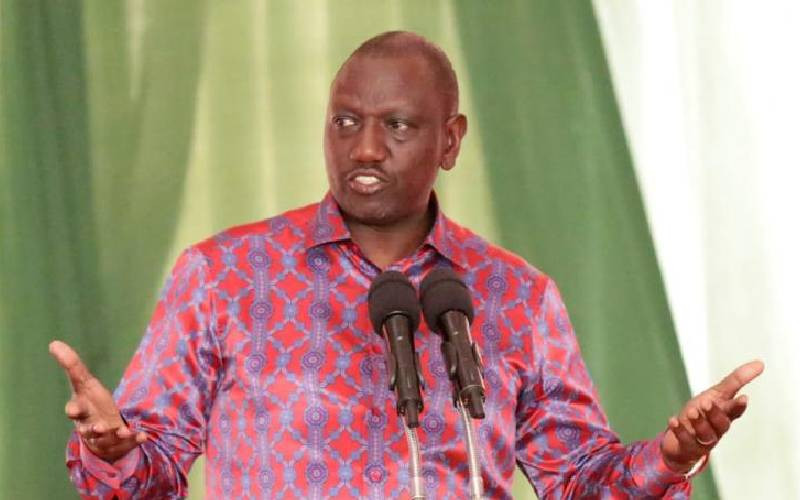×
The Standard e-Paper
Stay Informed, Even Offline

President William Ruto recently reshuffled Principal Secretaries in several ministries. On one hand, the reshuffle showed decisive action by a president not willing to tolerate mismanagement of public funds.
On the other hand, it betrayed the president's poor judgement as the appointing authority. It is common knowledge that our system of government operates as a spoils system.